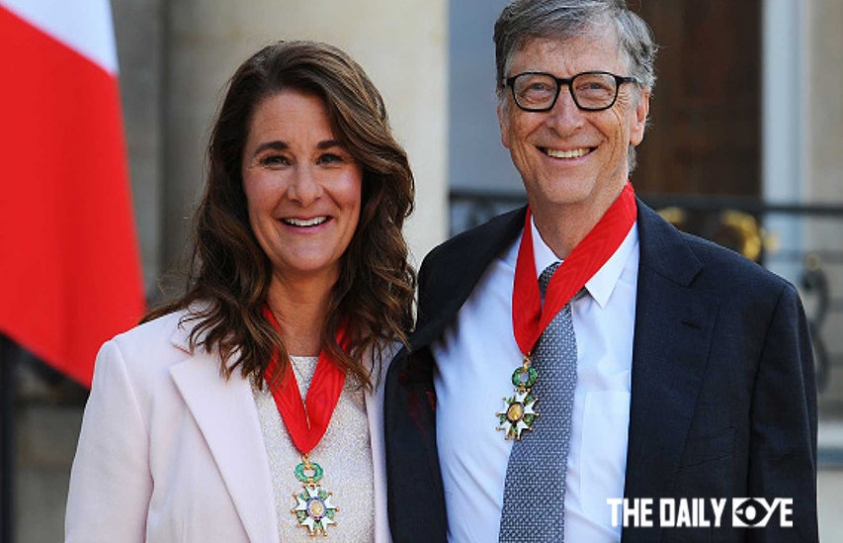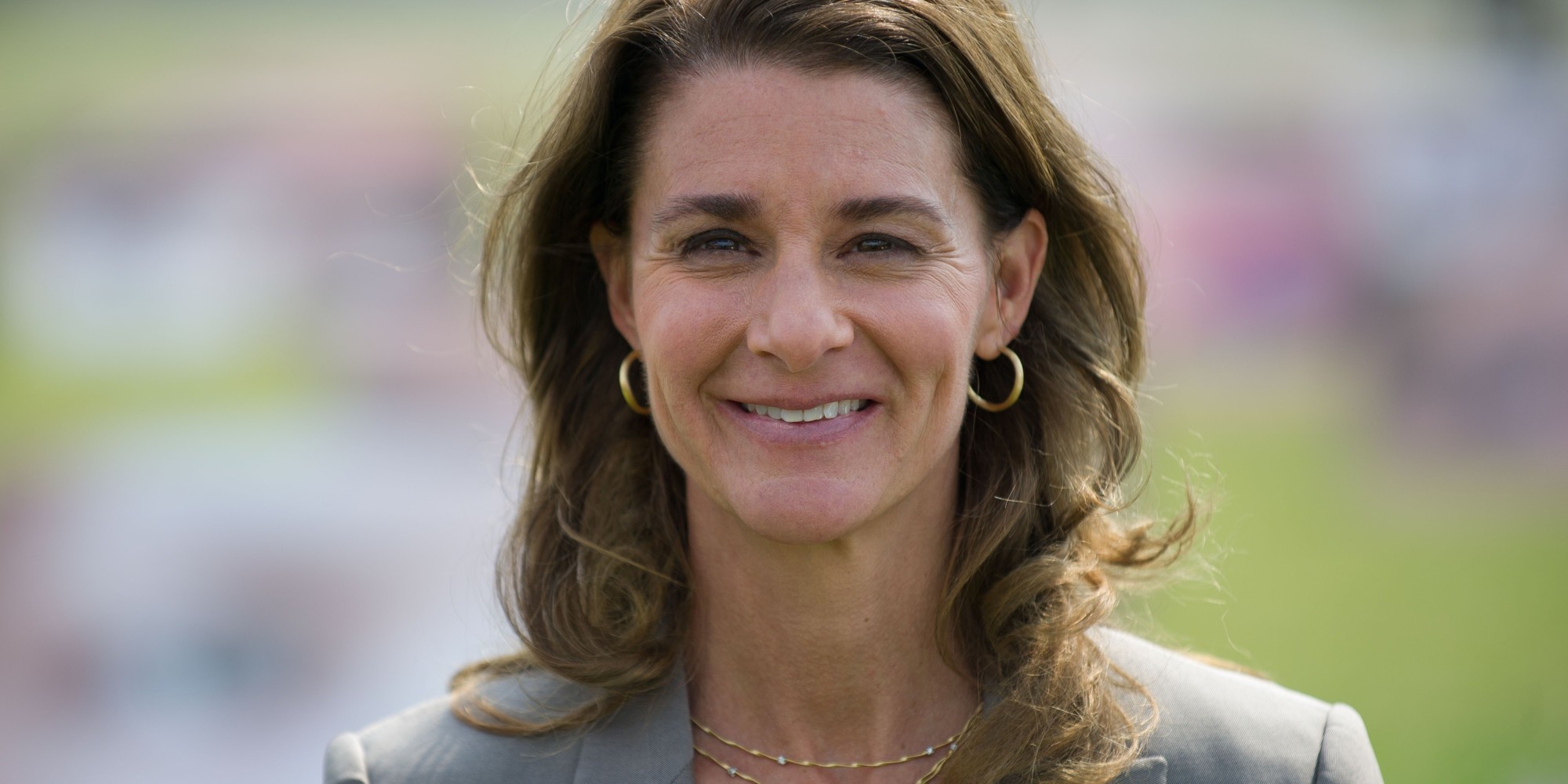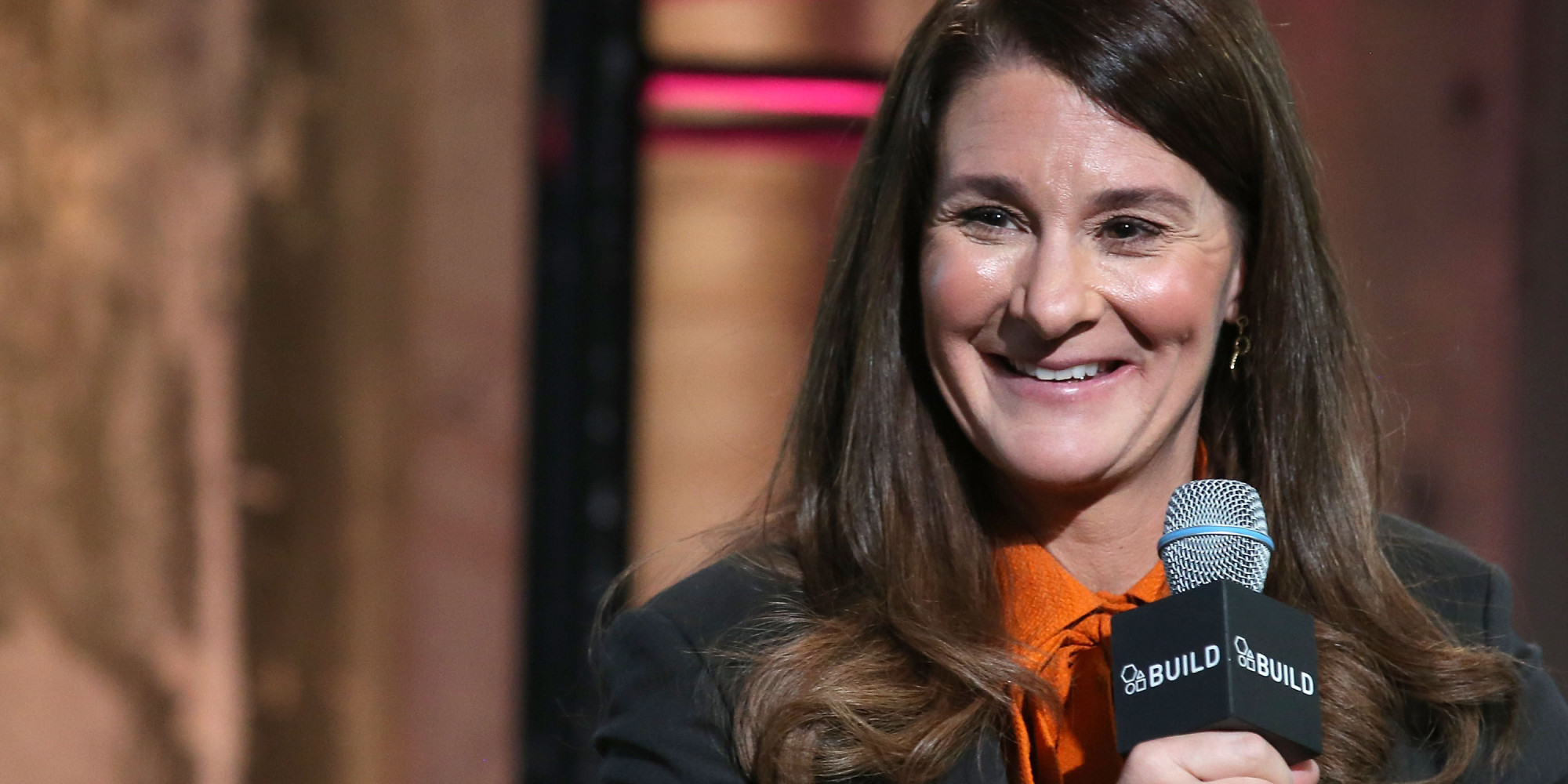
Melinda Gates: “It’s Time for Our Workspaces to Catch Up”
by Yash Saboo October 24 2017, 5:20 pm Estimated Reading Time: 2 mins, 45 secsMelinda Gates: “It’s Time for Our Workspaces to Catch Up”
"American workforce has changed a lot. It’s now 47 percent female, and those women are doing a lot more than taking notes", writes Melinda Gates in her first column in LinkedIn, the professional social networking site now owned by Microsoft.

When companies assume that the work of caring for a family and maintaining a household is getting done by someone else, it hurts everyone but it hurts women most. Women, of course, continue to shoulder more of the work at home, meaning many can’t dedicate as much time and energy to their jobs, and some drop out of the workforce entirely. So, what's the solution?
Melinda Gates, one of the worlds' richest women, recently joined LinkedIn and immediately took corporations to task. This workaholic culture is particularly harmful to women, Gates writes because women are still being told by society that home care and child care is up to them as well.

The American workplace was set up based on the assumption that employees had partners who would stay home to do the unpaid work of caring for family and tending to the house. Of course, that wasn’t always true back then, and it definitely isn’t today. Men and women alike have taken on more caregiving responsibilities—as partners in dual-earning households, or single parents, or family members supporting their relatives. Many find themselves straining to balance their jobs and their families, and life both at home and at work suffers as a result.
In fact, most companies are asking employees to work more. The American workweek has soared from less than 40 hours to nearly 50 hours in the time since that issue of Fortune was published in 1949. Technology has made it harder to pull away from our jobs, and easier to wonder whether a night off or a long weekend is damaging our careers.
So how can we fix this?
Well, the good news is that the future of work is getting a lot of attention. Researchers, policymakers, and organizations are continuing to explore it, and a clear picture of how we can make the workplace work better for more Americans can be seen.
To highlight just two examples, Gates has been excited to see research showing that diversity and mentorship programs can open more career pathways to more people, and help talented workers keep advancing. And that pro-family policies like paid family and medical leave can help employees, many in the prime of their careers, continue to thrive.

"But while these are promising opportunities, we also know they’re far from the only ones. And many solutions won’t come from the top down. When it comes to the future of work, it’s clear that we all have a role to play—from better balancing caregiving responsibilities at home, to reimagining office culture from the ground up", she writes.
She also adds that in the months ahead, she is going to use this space (LinkedIn) to share the best of what she's seeing—and to bring together innovative thinkers who are imagining what it would mean to build a 21st-century workplace that lives up to the promise of our 21st-century workforce.





-173X130.jpg)
-173X130.jpg)

-173X130.jpg)


-173X130.jpg)